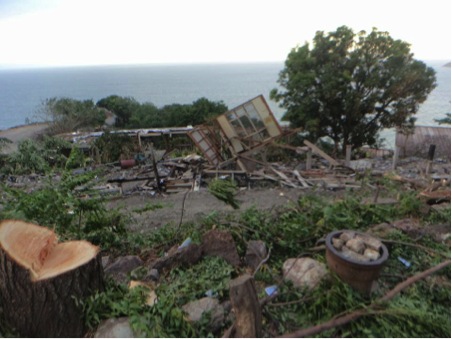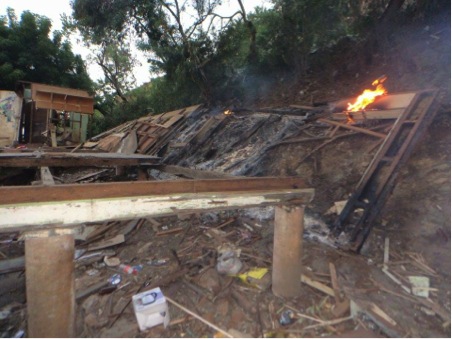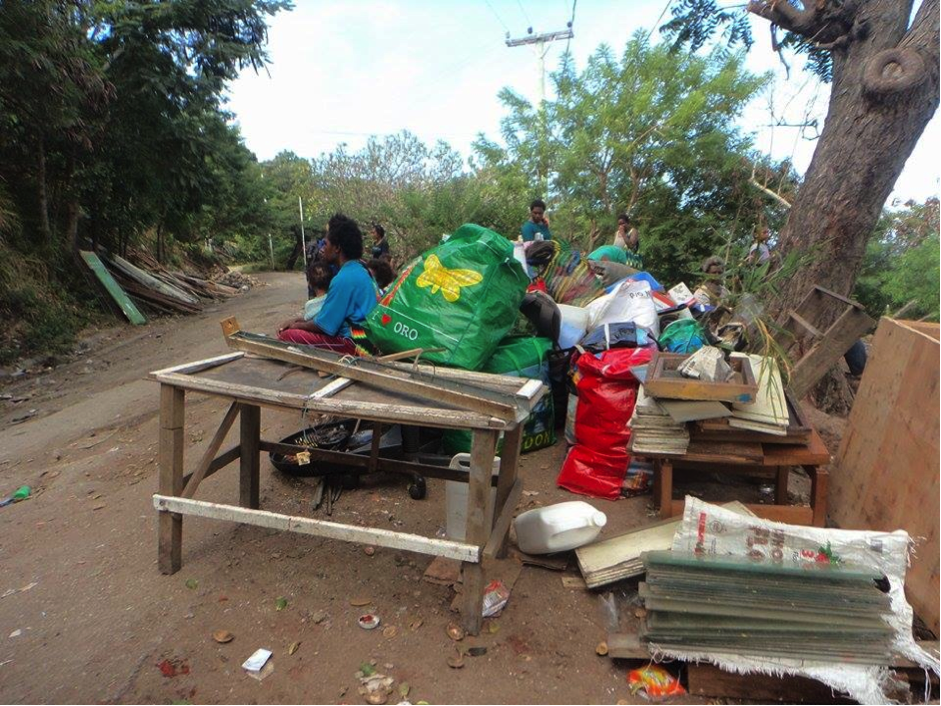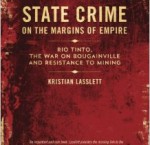PRESS RELEASE: UK Human Rights Initiative Raises Concerns over Paga Hill Eviction

International State Crime Initiative
The Dickson Poon School of Law
King’s College London
Strand | London | WC2R 2LS
Press Release
UK Human Rights Initiative Raises Concerns over Paga Hill Eviction
The International State Crime Initiative (ISCI), a research centre based out of King’s College London, has condemned the handling of the recent eviction at Paga Hill.
The head of their Papua New Guinea section, Dr Kristian Lasslett, puts the recent eviction exercise in historical context:
“There is a complex history to Paga Hill. Many of its residents have been residing there since the 1960s, with permission from the land’s customary owners, or in the case of the National Housing Corporations residents, as legal tenants. However, during the 1970s the High Court of Australia decided the land had been legally acquired by the colonial administration. As a result Paga Hill has passed through the porous hands of two of the most corrupt institutions in PNG, the Land Board and the Department of Lands”.
Dr Lasslett has repeated ISCI’s long standing concerns over how a state lease was then acquired by the developer, the Paga Hill Development Company (PHDC).
“In 2000 the Paga Hill Development Company – a concern headed by Gudmundur Fridriksson – was granted a 99 year state lease over Paga Hill. A subsequent Public Accounts Committee report published in 2006, alleges that the lease was acquired through ‘corrupt dealings’ by a ‘foreign speculator’”, Dr Lasslett claims.
He continues, “while the Public Accounts Committee recommended the lease be forfeited, in 2009 the Land Board issued a fresh 99 year lease to PHDC, with the ground rent substantially reduced – according to the 2006 Public Accounts Committee report, PHDC were in sizable arrears. This laid the foundations for a brutal forced eviction in May 2012 where police attacked residents with machetes, and used live ammunition to disperse crowds, while bulldozers demolished homes”.
Dr Lasslett notes this 2012 eviction exercise was stopped when community leaders obtained an injunction from the National Court. Since then there has been a legal stalemate at Paga Hill.
Reflecting on the more recent eviction of National Housing Corporation residents, which has received extensive coverage in the national press, Dr Lasslett observes, “on the 29th May this year, residents of upper Paga, an area populated by civil servants living in National Housing Corporation properties, lost their Supreme Court appeal. Two days later police arrived to ‘expedite’ the eviction process”.
The International State Crime Initiative has obtained evidence which appears to contradict a media release issued by Acting Metropolitan Superintendent N’dranou Perou who suggested the eviction was “peaceful” and “orderly”.
“I have now heard multiple accounts, and they all say the same thing. There were thugs, armed with bush knives and axes who threatened residents, along with gun toting police. Residents were not permitted to take photos, only carefully sanitised set pieces with the media were allowed”, Dr Lasslett argues.
One example of the testimony provided to the International State Crime Initiative comes from a National Housing Corporation resident who claims, “it’s a scary scenario when you are not given enough time to prepare your household stuff with policemen with their guns and the developer hired certain ethnic groups of people … [We were] just watching them carrying their bush knives, it makes you wonder, what will be the next thing to happen to your life, only God knows! Policemen would not allow us take pictures and they even confiscated our tenants chairman’s phone for taking shots”.
According to residents, homes were ransacked and personal property destroyed during the forced eviction. The International State Crime Initiative has obtained photographs that appear to verify this claim (see Appendix A). Displaced families were then moved by the developer to land at six-mile, which PHDC claims they have purchased for Paga Hill residents.
The land is in fact customarily owned, and cannot be purchased. According to recent reports on Radio New Zealand, displaced residents are now being told they must enter into a rental agreement with the traditional owners, a difficult prospect for those who have lost their source of income as a result of the recent upheavals, and who lack bargaining power now that they are homeless.
Dr Lasslett concludes: “This has to be seen in context. The development’s mastermind, Paga Hill Development Company’s CEO Gudmundur Fridriksson, is not a blue chip executive, he is a man who came to PNG in the mid 1990s, and since then his stable of companies have been censured in no less than four Public Accounts Committee reports and two Auditor General’s Office reports”.
“Indeed, he has been accused by PNG’s auditing agencies of corruption, and benefiting to the tune of many millions of kina from a range of alleged illegal dealings. ISCI has published these reports online, we have raised the alarm, we have petitioned politicians, and the police, no one seems to care”.
The UK research centre claims they will continue to support the community at Paga Hill, and will be bringing their case to a range of international bodies, including the UN Special Rapporteur on Housing.
10 June 2014
Contact:
Dr Kristian Lasslett
International State Crime Initiative
Appendix A – Photographs of Properties Allegedly Ransacked During the Eviction on 31 May 2014














































